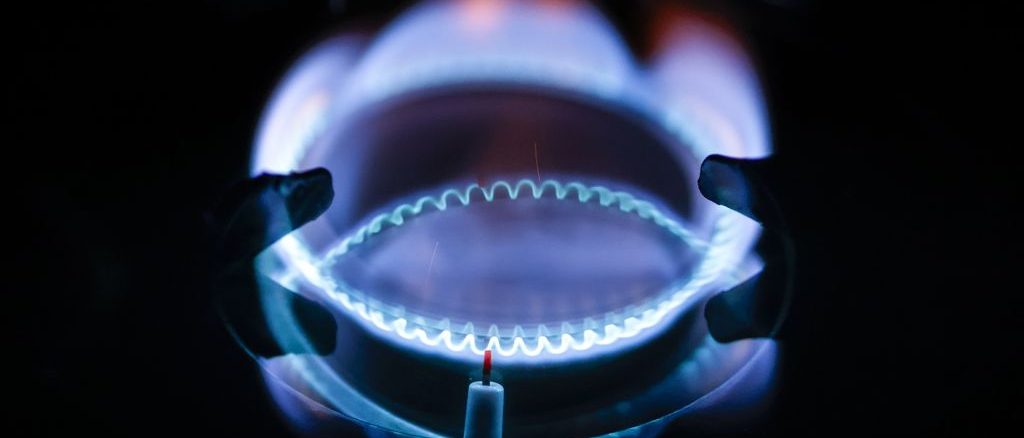
Gas Price Almost Doubles since June 1, Energy Contracts Follow Suit
Gas prices have been on a rollercoaster ride since June 1, with prices almost doubling in recent weeks. The gas crisis seemed to be easing when prices reached a low of 23 euros per megawatt hour (MWh) on June 1. However, the price of gas has since skyrocketed, closing yesterday at over 40 euros per MWh and even reaching close to 50 euros earlier in the day. The surge in prices can be attributed to the rising demand for gas in China and a decrease in supply from Norway.
Unpredictable Future
It remains uncertain what the future holds for gas prices. While prices may fall again, the 23 euros per MWh seen in early June was considered low given the tightness in the global gas market. While record prices of over 300 euros, like those seen last year, are not expected, there is still no respite in sight for the gas market.
Rising Rates for Energy Contracts
The surge in gas prices is not only impacting the market for natural gas, but also energy contracts. Rates for multi-year energy contracts, which consumers can choose to secure long-term prices, have also been increasing. For example, a three-year contract that was available for 299 euros per month on June 5 now costs 309 euros. It is expected that one-year and variable contracts will also see increases if gas prices remain high.
Shift to Long-Term Contracts
Energy companies are once again offering long-term contracts, which bind consumers to the agreed prices over an extended period. These contracts were not available last year, as consumers had the option to terminate them for a fee of 100 euros. Energy companies were wary of being stuck with expensive energy purchases. As a result, the majority of Dutch households were forced to opt for variable contracts, which saw rates increase more frequently due to the record prices on the gas market.
Due to the volatility in gas prices, many consumers are now seeking to switch from their variable contracts and secure new energy contracts. According to data from the price comparator Gaslicht.com, the number of switchers has more than doubled in recent weeks compared to previous years during the gas crisis.
Faster Adjustments to Offers
Gaslicht.com’s director, Ben Woldring, observes that energy companies are now adjusting their offers more quickly than before the 2022 gas crisis. Some tariffs are only available for a few days before being replaced by contracts with higher prices. This rapid adjustment is understandable given the current situation on the wholesale gas market.
Causes of the Global Gas Crisis
The global gas crisis has been fueled by several factors. With the depletion of Groningen gas due to earthquakes and the halt in Russian gas supply caused by the war in Ukraine, the Netherlands has become highly dependent on Norwegian gas delivered via pipelines. However, delayed work on a gas installation in Norway has led to a reduction in the supply of Norwegian gas as well.
In addition to Norwegian gas, the Netherlands relies heavily on liquefied natural gas (LNG) from countries like the United States and Qatar. LNG is transported by tankers to Rotterdam and Eemshaven, where it is converted back into natural gas and injected into the Dutch pipeline network. Last year, Europe received ample supply of LNG due to China’s subdued economy during the COVID-19 pandemic. However, now that China’s economy is recovering, the demand for LNG is increasing, leading to a tightening of the global market and an increase in prices.
Shell, the world market leader in LNG, predicts that it will take several more years for the construction of new LNG facilities in the US and Canada to balance supply and demand. Until then, gas prices are expected to continue fluctuating, impacting the rates passed on by energy companies to their customers. The price of gas for the upcoming winter is currently approaching 60 euros per MWh.
End of Price Cap and the Search for Stability
In the Netherlands, the government plans to end the price cap on energy contracts by the end of this year. This means that there will be no limit on the rates offered for energy contracts next year. In light of this, many consumers are now seeking stability and looking for alternatives to secure their energy prices in the face of volatile gas markets.
As the gas crisis persists and energy prices continue to rise, consumers will need to carefully consider their options and choose energy contracts that provide the best balance of cost and stability in the long run.

Be the first to comment